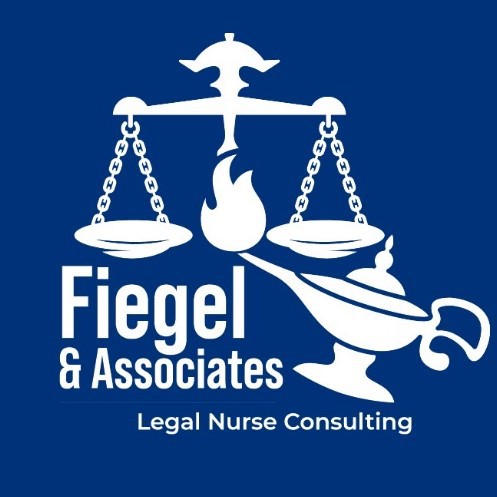Certified Legal Nurse Consultants (CLNCs) play an essential role in combating healthcare fraud, a pervasive issue that costs the industry billions annually. These professionals bridge the gap between the medical and legal fields, offering crucial insights that enhance the effectiveness of fraud litigation. Healthcare fraud can take various forms, including billing for services not rendered, upcoding, and providing unnecessary medical treatments. By reviewing medical records, CLNCs identify inconsistencies and discrepancies that may indicate fraudulent activity. Their expertise allows them to analyze complex medical data, discerning legitimate claims from deceptive practices.
In the evidence-gathering phase, CLNCs help attorneys collect and organize relevant documentation, ensuring that all materials are comprehensive and pertinent to the case. This preparation is vital for establishing a strong legal argument. Moreover, CLNCs often assist in preparing attorneys for trial, providing insights into medical terminology and practices that are critical for articulating the case effectively. They may also serve as expert witnesses, lending their medical expertise in court to explain complex issues to judges and juries.
Successful case outcomes often hinge on the detailed work of CLNCs. For example, a notable case involved an CLNC uncovering systematic billing fraud in a healthcare facility by meticulously analyzing records and identifying patterns that suggested intentional misconduct. This not only strengthened the legal case but also facilitated a broader investigation into the healthcare provider’s practices. As healthcare fraud continues to evolve, the role of CLNCs becomes increasingly vital in identifying and addressing these issues, ultimately helping to uphold the integrity of the healthcare system.
In conclusion, Certified Legal Nurse Consultants are indispensable in the fight against healthcare fraud. Their specialized knowledge and skills allow them to dissect complex medical information and present it in a legal context, enhancing the chances of a successful outcome in fraud litigation. The collaboration between healthcare and legal professionals, facilitated by CLNCs, serves to protect the interests of patients and the integrity of the healthcare system.

